.
The revised Law on Cadres and Civil Servants was passed by the National Assembly on June 24, effective from July 1, 2025, adding a specific list of things that cadres and civil servants are not allowed to do.
According to the new regulations, cadres and civil servants are not allowed to evade, avoid, shirk, or shirk their duties; cause factionalism and disunity; voluntarily quit or quit their jobs; participate in strikes; speak, post, or disseminate false information that affects the reputation of the country, locality, or work unit.
The law also strictly prohibits acts of embezzlement, corruption, negativity, waste, profiteering, and harassment of citizens and businesses in the performance of public duties. In addition, officials and civil servants are not allowed to illegally use public assets, abuse their positions and powers, or exploit public information for personal gain.
In addition, the law prohibits all acts of discrimination based on ethnicity, gender, age, disability, religion, belief, or social class when performing official duties. Officials and civil servants are also not allowed to participate in production, business, or personnel work that violates regulations on anti-corruption, thrift, anti-waste, and protection of state secrets.
 |
| Da Nang civil servants working at the Da Nang Administrative Center, May 2024. Photo: Nguyen Dong |
The new law defines the obligation to perform public duties, in which officials and civil servants must perform their duties correctly and fully, be responsible for the results; proactively study, improve qualifications, apply technology and digital transformation.
If violations are discovered in the agency, officials and civil servants must report to competent authorities and comply with regulations on protecting state secrets. Public assets assigned must be used effectively and economically.
In case of receiving an illegal order, the officer or civil servant must report in writing to the decision maker. If still required to comply, he or she must comply but at the same time report in writing to the immediate superior of the decision maker. When this procedure has been followed correctly, the executor is not responsible for the consequences; the decision maker is responsible before the law.
The law stipulates that heads of agencies and units are responsible for organizing the implementation of anti-corruption, anti-negativity, thrift, and anti-waste. They must be responsible for any violations and have the authority to strictly handle subordinates who violate discipline, are bureaucratic, arrogant, or cause trouble for the people.
Previously, the 2008 Law on Cadres and Civil Servants had quite clear regulations on what cadres and civil servants are not allowed to do, concentrated in three articles 18, 19 and 20. Prohibited acts include: shirking responsibility, forming factions, voluntarily quitting work, participating in strikes; illegally using public assets; taking advantage of power for personal gain; discrimination in any form; revealing state secrets; and participating in production and business activities contrary to the provisions of law.
However, these regulations are mainly arranged according to groups of behaviors related to public ethics, protection of state secrets and some prohibitions according to specialized laws such as the Law on Anti-Corruption, the Law on Practicing Thrift and Combating Wastefulness. Therefore, although having a legal basis, the previous system of regulations is still principled and does not fully reflect new practical situations arising in the modern public service environment.
The 2024 amendment law is not the first to introduce prohibitions, but it is the first to fully systematize, specify, and update the list of behaviors that officials and civil servants are not allowed to do. This law not only inherits old regulations but also expands to new behaviors such as: spreading false information, taking advantage of social networks to negatively affect agencies and localities; delaying and avoiding responsibility; not reporting illegal orders...
The completion of regulations in a more strict, clear and comprehensive direction is expected to strengthen administrative discipline and order; standardize public ethics; and at the same time create a solid legal basis for handling violations and building a team of honest and professional officials and civil servants.
According to vnexpress.net
Source: https://baoapbac.vn/xa-hoi/202507/nhung-viec-can-bo-cong-chuc-khong-duoc-lam-tu-thang-7-1046428/








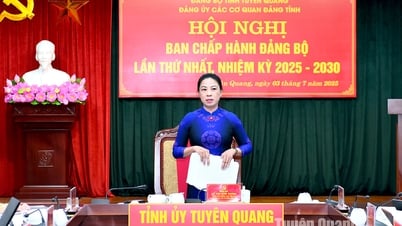



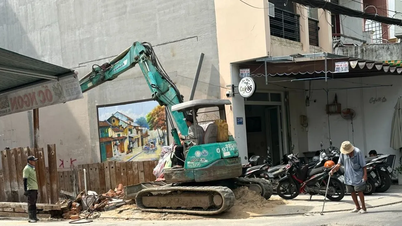


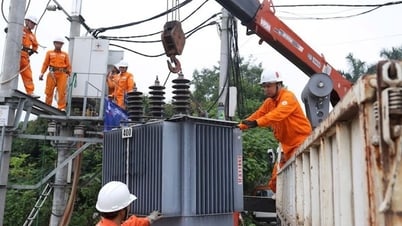










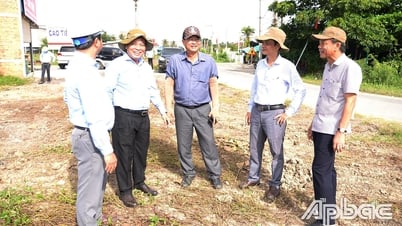




























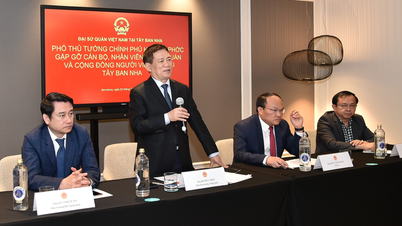







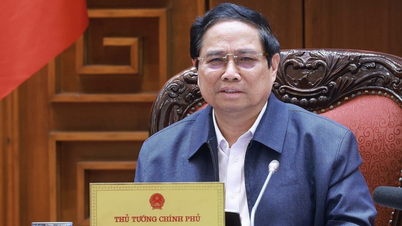















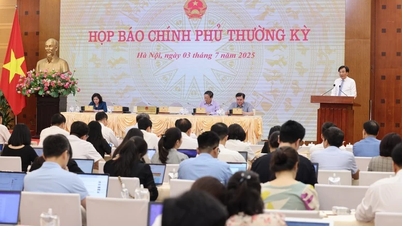

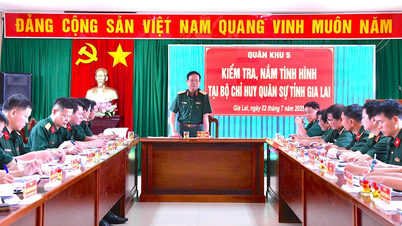

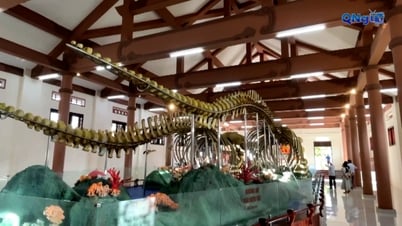




















Comment (0)